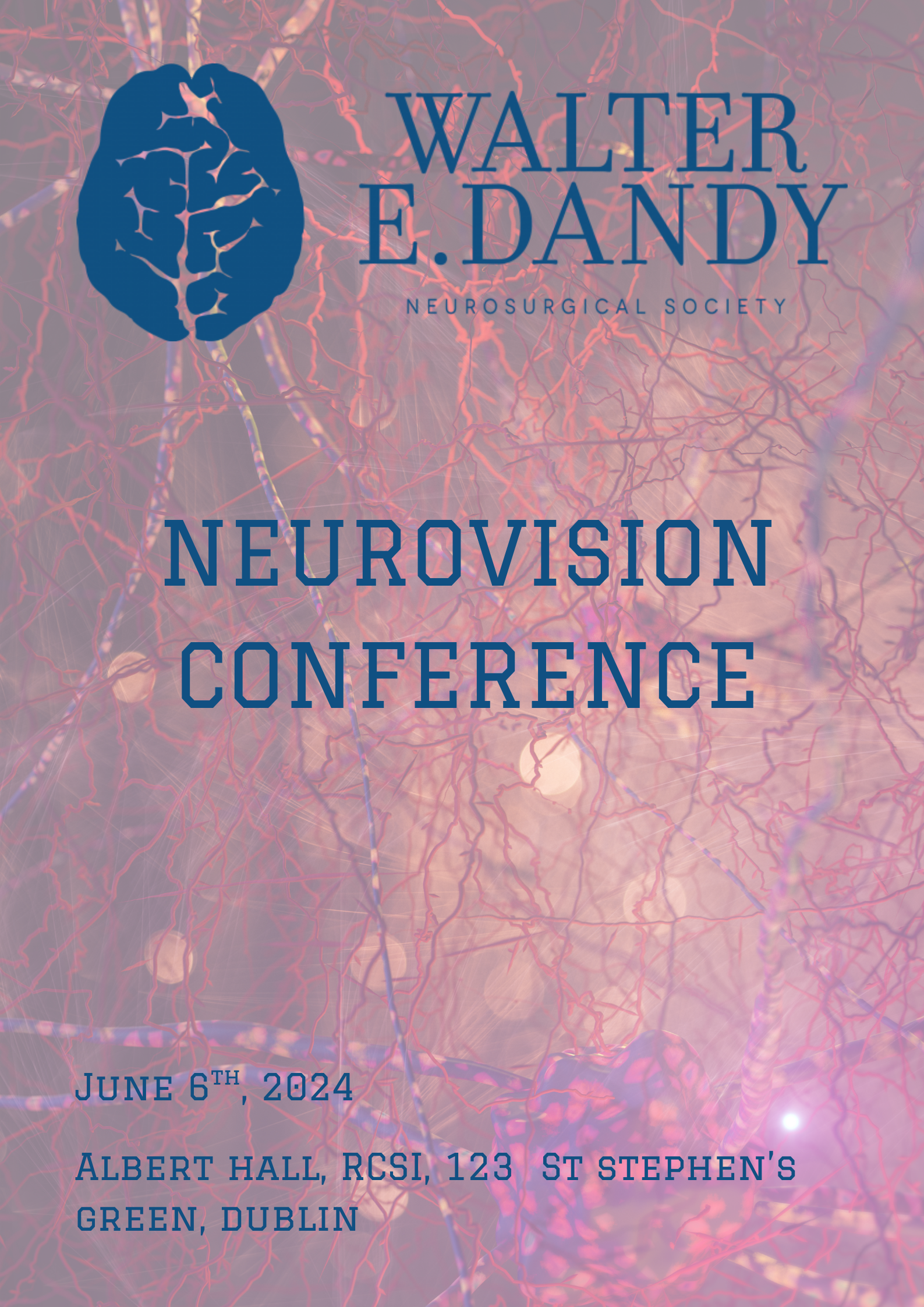Visualizing facial distortions In Prospometamorphopsia
DOI:
https://doi.org/10.33178/SMJ.2025.1.20Keywords:
Case ReportAbstract
Background: Prosopometamorphopsia is a specific type of visual distortion where patients perceive distortions when viewing the faces of others. It is an extremely rare condition, with less than 100 cases being reported since 1904. Not to be confused with prosopagnosia which is a condition in which patients cannot recognize faces, in prosopometamorphopsia patients can still identify faces even while being distorted. The cause of this is unknown, however this case in particular sheds more light on the condition and the potential aetiology behind this condition. Lesions in the posterior section of the corpus callosum, specifically the splenium have been linked to visual distortions (prosopometamorphopsia) and reading difficulties such as alexia.
Case Description: This case explores a 62 year old right handed Caucasian male presenting with alexia and prosopometaphoprasia affecting the lower part of the face after suffering an infarction in the left splenium of the corpus collosum. The patient reported distorted perception specifically of people’s mouths while other facial features appeared normal, he also reported difficulty in reading but his writing remained unaffected. The patient’s opthalmic examination revealed normal visual acuity, color vision and ocular motility with no apparent abnormalities on retinal examination. Neuroimaging disclosed a late subacute infarction in the left splenium which is crucial for the interhemispheric transfer of visual information and is a part of the Papez circuit involved in memory function.
Conclusion: The findings from this case emphasize the importance of comprehensive neuroimaging in patients who present with unusual combinations of visual and cognitive disturbances.
References

Downloads
Published
Issue
Section
Categories
License
Copyright (c) 2025 Rhieya Rahul

This work is licensed under a Creative Commons Attribution-NonCommercial 4.0 International License.









